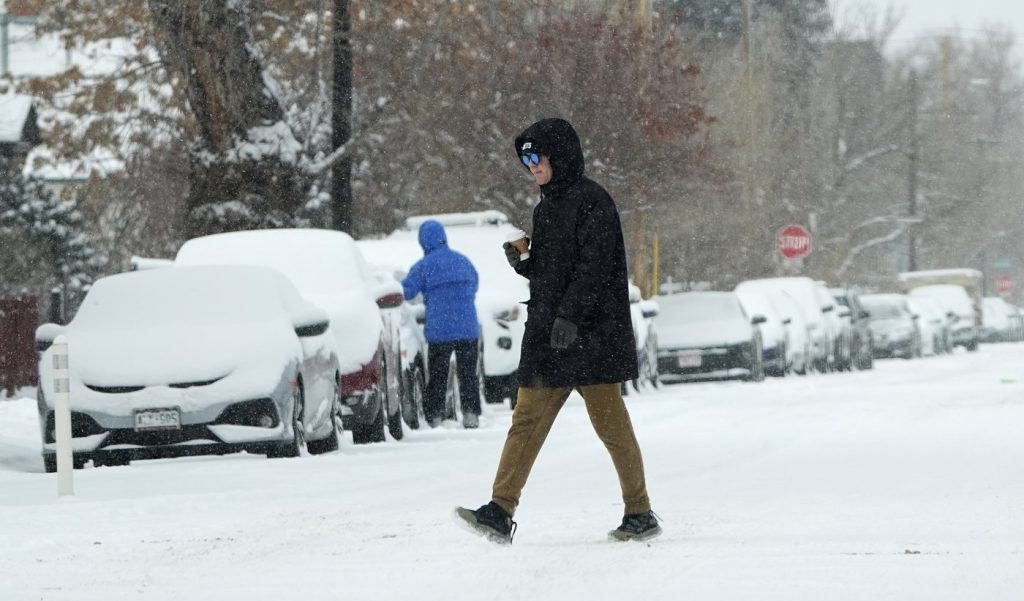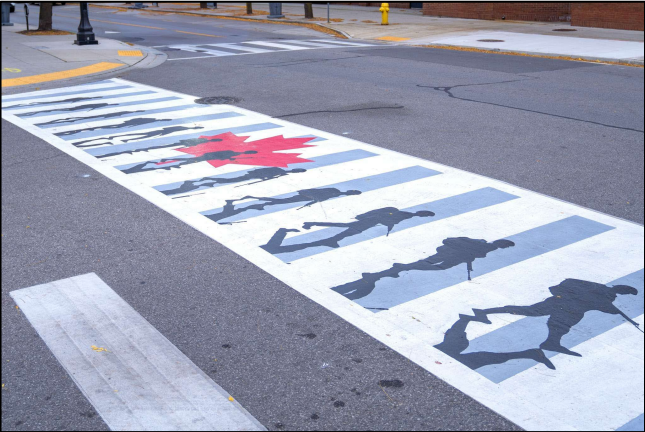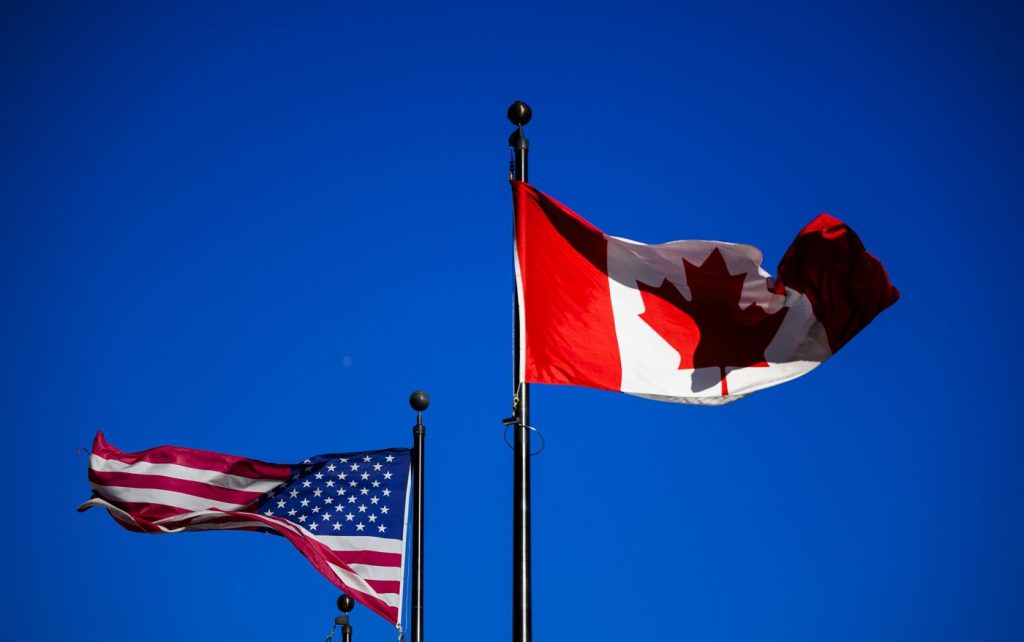A map of Ontario retailers selling alcohol in the wake of LCBO strike
Posted Jul 8, 2024 08:11:43 AM.
Last Updated Jul 8, 2024 06:57:23 PM.
The provincial government has shared an interactive map designed to connect consumers to thousands of retailers and local alcohol producers during the ongoing Liquor Control Board of Ontario (LCBO) strike.
The retailers include more than 1,000 local Ontario breweries, wineries, wine shops, distilleries, and other vendors such as LCBO Convenience Outlets, The Beer Store, and licenced grocery stores.
The online map allows users to find a location that sells beer, wine, cider, spirits or ready-to-drink beverages. The province says the map will be updated regularly as alcohol sales are expanded to more licensed grocery and convenience stores.
According to the province, there are currently 628 wineries and winery retail stores, 82 distillery retail stores, 373 breweries, 448 grocery stores, 389 LCBO Convenience Outlets and over 400 The Beer Store locations displayed on the map.
“Even though LCBO workers are on strike, there are still plenty of options for you to buy beer, wine, cider, coolers and even spirits, including products made right here in Ontario,” Premier Doug Ford said in a video shared to X. “We’ve created this handy new map to show what stores are open and what they sell.”
The union representing striking LCBO workers took issue with Ford’s promotion of alternative alcohol sources.
“LCBO workers fully support the mom-and-pop stores and craft brewers, wineries and distilleries and we also encourage folks to go to them. But that’s not what Ford is doing,” an Ontario Public Service Employees Union (OPSEU) statement read.
“He is undermining LCBO workers and this strike to hand the alcohol market over to big box store, grocery, and convenience chain CEOs so that alcohol sales can be monopolized by them. In fact, mom-and-pop stores and small producers will be worse off in Doug Ford’s Ontario – his business model is going to crush them, not help them.”
LCBO convenience outlets face increased demand
Thousands of workers at the LCBO went on strike last Friday, the first such labour disruption in the retailer’s history. Months of contract negotiations between their union and management failed to result in a new deal.
Anneka Kindrachuk, a casual worker with the LCBO for the past five years, argued privatizing the alcohol market could lead to increased sales to intoxicated or underage consumers, as LCBO employees receive training to sell alcohol responsibly.
“We have to make a lot of judgment calls on who’s fit to be served and who’s not. A big part of the job is social responsibility.”
LCBO’s retail locations are closed for 14 days, but online ordering will be available with free home delivery, though product limits apply. If the strike continues after two weeks, the LCBO plans to open 32 locations three days a week with limited hours.
After the midnight strike deadline, OPSEU shared a video of workers picketing outside an LCBO warehouse east of Toronto.
OPSEU is seeking wage increases and more full-time jobs, saying part-time roles now account for 70 per cent of their workforce.
In May, the Ford government announced that beer, wine, and ready-to-drink cocktails would be sold at Ontario convenience stores starting next month. By the end of October, convenience stores, supermarkets, and gas stations that are fully licensed to do so will be able to sell beer, wine, and ready-to-drink cocktails well ahead of the previously slated date of early 2026.
The Alcohol and Gaming Commission of Ontario (AGCO) said Friday it had already issued 2,813 convenience store licences.
With files from The Canadian Press








